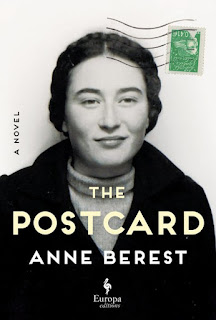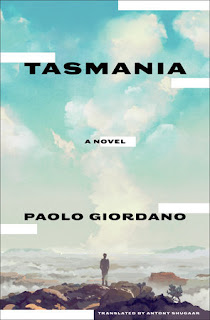My heart grieves for the women who think that married men will choose them over their wives. Because a married man has sought a woman out, has felt that she would satiate a yearning for him, does not mean that he will sacrifice his perfectly comfortable, albeit boring, life for her.
Alternatively, two of my all time favorite books, Madame Bovary and Anna Karenina, portray women who desperately abandon everything for the men that they love, and still they are not happy. Romance, illicit or otherwise, cannot fulfill the deepest hunger for love and passion.
The Other Woman had such an intriguing cover to me that I borrowed it from Boundless (the most annoying library app ever). Finding that it had been translated from Swedish made it a perfect read for Women in Translation Month which is quickly drawing to a close; furthermore, Other Press has just sent me Bohman’s latest book, Andromeda, to review. I wanted to know more about Therese Bohman’s previous work before embarking on her latest.
My whole body burns with a feeling I can’t quite define: anger, jealousy, the sense of being left out. The knowledge that I never come first. (p. 149)
Thus speaks the narrator of The Other Woman, when the initial thrill has begun to wane. She is an attractive girl in her late twenties, wanting to become a writer, but working at the Norkopping hospital kitchen in the meantime. When Carl Malmberg, a handsome doctor, offers her a ride home, she agrees. She has noticed his wedding ring, but it pales next to the shiny, dark blue Volvo that he drives. And, it seems to fall from her vision altogether when he eventually holds her in his arms, whispering lovely things in her bed.
Her life seems shabby next to his. His wife, Gabriella, and he have the finest things in a beautifully decorated apartment on the top floor of their building. Their life is ordered and complete, with children from their own marriage, and older children from the marriage Carl had before. We know nothing good can come from his liaison with this “other woman.”
The resolution is surprising, and far different than I had anticipated. Seeing how this particular relationship sorts out, combined with descriptions of intense emotion, were the thrill of the novel. As Other Press says, this book is “a passionate psychological drama where questions of power and sexuality are brought to a head.”





































